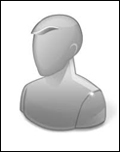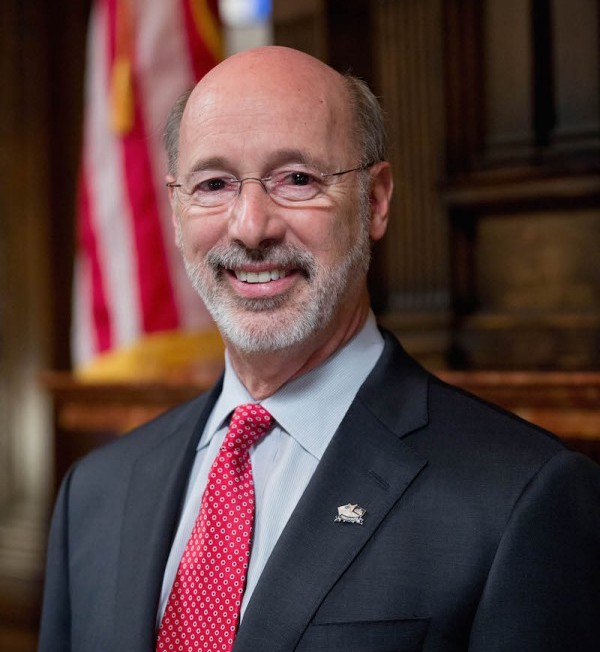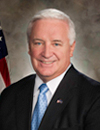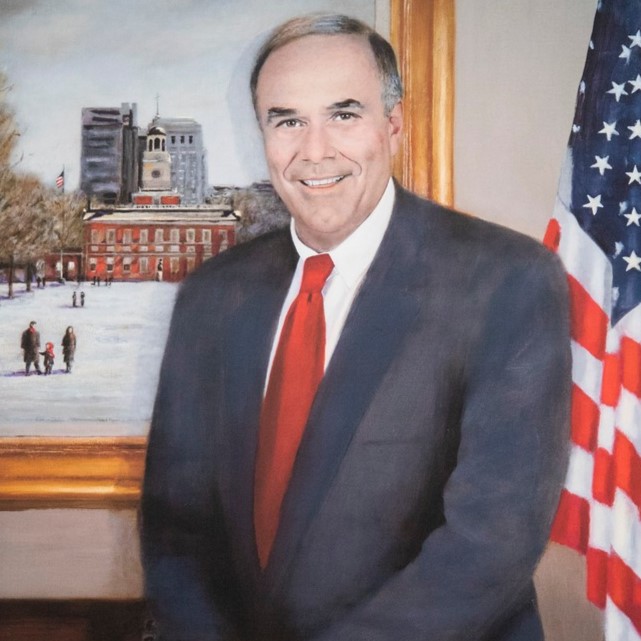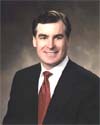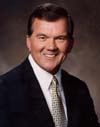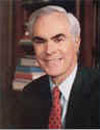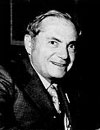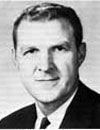This website uses cookies so that we can provide you with the best user experience possible. Cookie information is stored in your browser and performs functions such as recognizing you when you return to our website and helping our team to understand which sections of the website you find most interesting and useful. Please see our privacy policy for more information.
Pennsylvania
Gov. William Bigler
- January 20, 1852 - January 16, 1855
- Democratic
- January 11, 1814
- August 9, 1880
- Pennsylvania
- Married Mary J. Reed; five children
- Senator
About
WILLIAM BIGLER was born in Shermansburg, Pennsylvania. After working for his brother John ( who was editor of a newspaper in Bellefonte, Pennsylvania and later governor of California), he moved to Clearfield, where he started the Clearfield Democrat. He later went into business with his father-in-law, who was a lumber merchant. He was a member of the Pennsylvania Senate for two terms, holding the speakership twice. In 1849 he became Pennsylvania Revenue Commissioner, serving as President for two years before being nominated for governor by the Democratic Party. Under his administration, the office of County School Superintendent was established, a state school for retarded children was founded, and a railroad line linking Philadelphia and Pittsburgh was completed. An advocate of fiscal responsibility, he forced outlawing of omnibus laws that were popular with the legislature. He also supported strict state enforcement of the Fugitive Slave Law of 1850 as an obligation under the U.S. Constitution and endorsed the Kansas-Nebraska Bill of 1854. He was defeated for reelection in 1854 because of public antipathy toward the Kansas-Nebraska Act and because his Whig opponent was favored by advocates of powerful temperance and nativist movements. Bigler went on to become President of the Philadelphia and Erie Railroad and served for five years in the U.S. Senate, where he supported efforts to prevent a military confrontation with the South. He was also a delegate to the Democratic National Conventions of 1860, 1864, and 1868 and to the Union National Convention of 1866. In retirement he devoted his time to business and served on the U.S Centennial Commission, playing an integral role in persuading Congress to finance an international rather than a national exhibit in Philadelphia. A supporter of Samuel J. Tilden for President in 1876, he was chosen to witness the vote recount in New Orleans following the disputed presidential election.
Source
Sobel, Robert, and John Raimo, eds. Biographical Directory of the Governors of the United States, 1789-1978, Vol. 4. Westport, CT: Meckler Books, 1978. 4 vols.
The National Cyclopaedia of American Biography, Vol. 2. New York: James T. White & Company.
Pennsylvania Historical and Museum Commission
Biographical Directory of the U.S. Congress
State Archives Holdings: MG-22 William Bigler Collection
-
Brother of California Governor John Bigler

